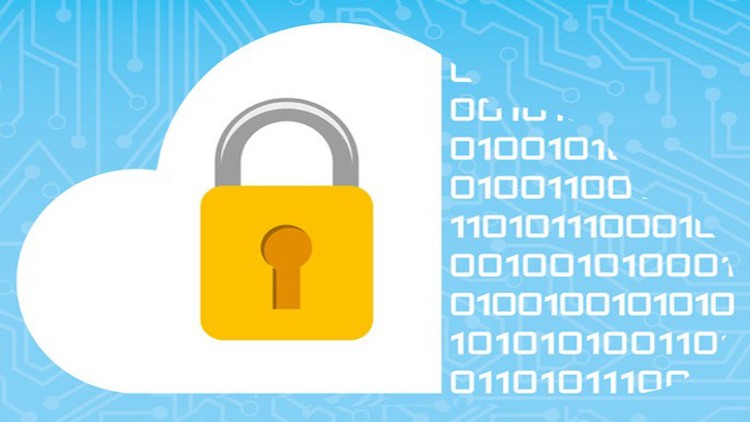Proxies are lifesavers when accessing location-specific content or anonymously browsing the web for data scraping. But not all proxies have the same speed, stability, or anonymity. The two most common proxy types, ISP proxies and residential proxies, have their respective edges over one another.
In this short yet informative guide, we will go over the basic characteristics of these two types of proxies to give you a complete idea of them. You will also know the use cases of these proxies. Without any further due, let’s get started.
Contents
What Are ISP Proxies?
ISP proxies are simply datacenter proxies registered under internet service providers or ISPs. So, what are datacenter proxies? Datacenter proxies are usually IP addresses on a cloud server that different hosting companies run.
These IP addresses aren’t connected to a real physical location like residential proxies. As datacenter proxies are hosted on a data center, the speed and stability of the network are higher than any other type.
So, you can rely on datacenter or ISP proxies for high speed and anonymous browsing. You can learn more on ISP proxies here.
How Does an ISP Proxy Work?

Let’s make the thing simple. ISPs usually have a large pool of IPs that can be used as proxy addresses. Whenever you make a connection request from your device, it goes through the proxy server of your ISP.
The proxy server then changes the IP address of your device and assigns a new one. The new address is used to connect to the website, and the web server will identify you as a new person.
These proxies are usually cheap, and you get to buy a large amount at once. As these proxies use your ISPs ASN, they are easily acceptable to various websites and able to bypass security measures or gatekeepers.
What Are the Benefits of ISP Proxies?
Here are a few benefits of datacenter or static residential proxies.
- As the proxy servers are hosted on data centers, the connection speed will be faster than you can imagine. So, your connection request will be processed at a blazing speed.
- The network stability of a data center is higher than any other network. So, the uptime of datacenter proxies will last almost an eternity,
- Besides getting unlimited bandwidth, your anonymity is protected by datacenter IPs as they aren’t connected to any real location.
Use Cases of ISP Proxies
Here are some popular and effective use cases of datacenter or static residential proxies.
- If you have multiple social media or e-commerce accounts, using static residential proxies might be a good way to browse through all of them without getting suspected.
- Buying a limited edition item on e-commerce websites in a great quantity can be suspicious. Static residential proxies help you keep your accounts safe and overtake those restrictions on e-commerce websites.
- These proxies are highly popular for web scraping. As you don’t need that much anti-detection in this case, you can take advantage of high-speed datacenter proxies.
What Are Residential Proxies?
Residential proxies are actually residential IP addresses that other people use. These addresses belong to real devices in physical locations. So, when you use residential IPs, it’s very difficult for websites to detect that you are using a proxy server.
When you make a request using residential proxies, they will route your request through a proxy server. The server will change your IP address, and an alternative IP address will be assigned to your device.
As residential IPs are more trustworthy than ISP or static residential proxies, they are more effective in ad verification, web scraping, or market monitoring.
How Does a Residential Proxy Work?
The part of changing the IP address is the same for both types of proxies. But the difference is in assigning a new IP address to your device. While datacenter or static residential IPs assign a new virtual IP address from a large pool, residential proxy servers assign a new IP address that is actually located somewhere in the world.
In such cases, you are using someone else’s IP address to make a connection request that will look completely normal and humane. If you have permitted your provider to use your address, someone else might also be using your IP address as a proxy in their devices.
Benefits of Residential Proxies
Take a look at the benefits of residential proxies before you have one.
- Residential proxies are highly versatile. As they are nothing but real IP addresses in true locations, no website will detect them as proxies.
- The chance of getting your proxies banned from a website is almost zero with residential proxies.
- Accessing location-specific content with residential proxies is much easier as the web server will identify you as a real person residing in that location.
Use Cases of Residential Proxies
- Here are a few uses of residential proxies.
- Ad verification is one of the most popular use cases of residential proxies. It is easier for different platforms to verify ads as you are present in a real location through residential proxies.
- Keeping an eye on your competitors is one of the key factors to planning and implementing successful strategies. To keep with the market trends, you can use residential proxies for gathering crucial information.
- Automating your business or managing social networks are also popular use cases of residential proxies.
Do note proxies are not replacement for VPN for better security we recommend using a dedicated VPN service.
Conclusion
Before we sign off, let us remind you once again that both ISP proxies and residential proxies have their use cases, depending on what you expect from the connection.
If you are up to proxy browsing the web anonymously at high speed, static residential proxies are a lot better in terms of convenience, stability, and speed. But if your target is to bypass different security measures of websites wanting to prevent bots, you might want to switch to residential proxies.
No matter what you choose, ensure you know their ins and outs. This will allow you to make the best use of these proxies.



